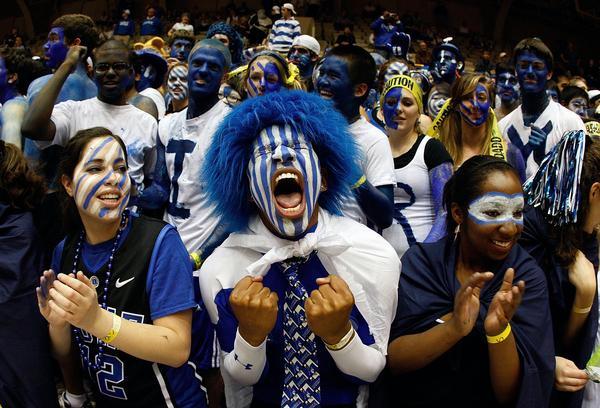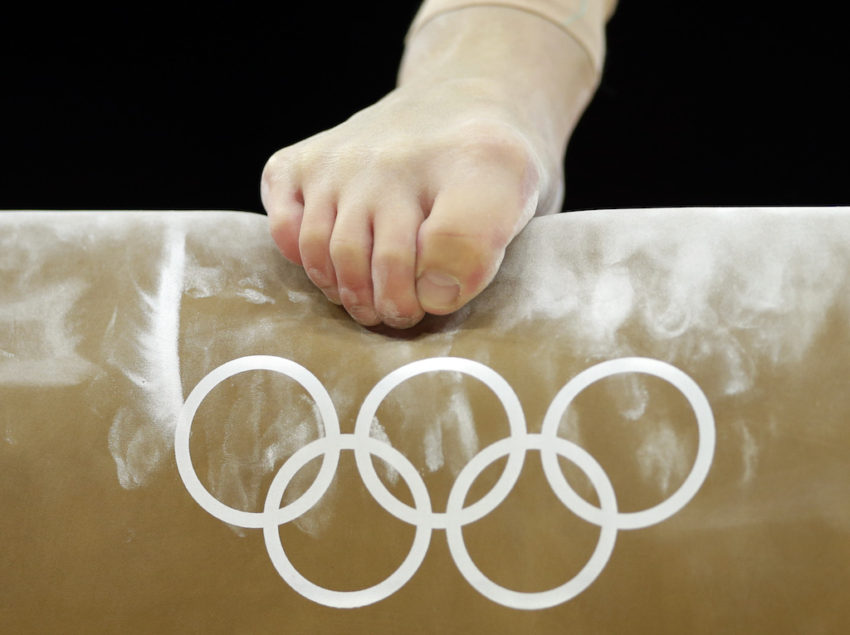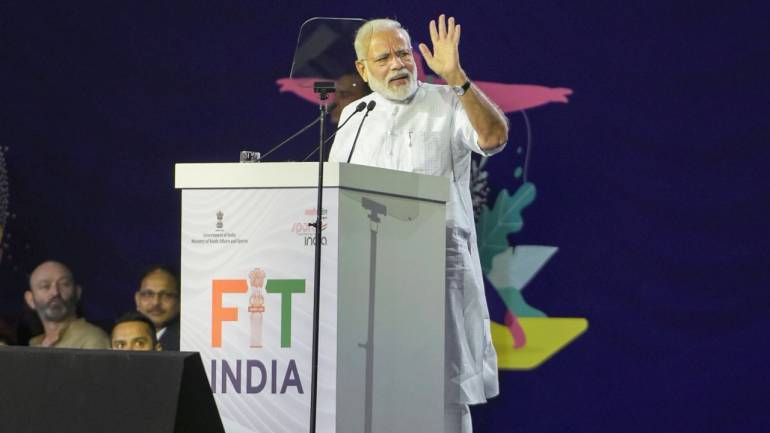Hansal Mehta’s film, Chhalaang, written by Luv Ranjan, Aseem Arrora, and Zeishan Quadri tells the story of a negligent and indifferent PT teacher in Haryana, who finds the passion and value of teaching (physical education) when confronted with a more competent and qualified PTI. It is currently streaming on Amazon Prime Video. The star cast of the film includes Rajkummar Rao, Nushrat Bharucha, Mohammed Zeeshan Ayyub, Saurabh Shukla, Ila Arun, Satish Kaushik, Jatin Sarna, Naman Jain, Garima Kaur, Baljinder Kaur, Suparna Marwah, Rajiv Gupta.
“Chhalaang” is set in the town of Jhajjar in Haryana, where the irresponsible and insecure (that, you discover later), but adorable and charming Montu or Mahinder Hooda played by Raj Kumar Rao is a PT teacher in a local government school who couldn’t care less about his job. What he does care about is harassing couples on Valentine’s Day in the capacity of a member of the “Sanskriti Dal” that believes in the restoration of Indian culture and heritage.
But the movie forgets that part of Montu’s character as quickly as it forgets the conflict of education vs sports in Indian schools (introduced in a conversation between Montu and her mother early on in the film). As fate (and predictable storyline) wills it, Montu falls in love (minutes after looking at her) with the newly-appointed independent (because she drinks alcohol) and passionate computer teacher Neelima played by Nushrat Bharucha and tries to win her heart (by stalking her and being overtly masculine in front of her). It is only after the arrival of Mr. I. M. Singh (yes, that’s the name – so that the writers could put the ‘I’m Singh’ joke) played by Zeeshan Ayyub as the senior PT teacher that Montu feels threatened for his job, his love, and his honour. The threat feels exaggerated and the stakes too low, because Montu clearly doesn’t flinch once before giving up the job that he was doing (poorly) just for the sake of it, and Neelima herself tells him that there is a difference between being in love and being open to the possibility of falling in love. The only real stake is Montu’s commitment to not give up and to illustrate that, the movie conjures up a challenge so childish that the school principal has to be emotionally coaxed into approving it. All of it leads to the final showdown between the teams of Singh and Montu where children fight for the ego of their coaches, and Montu’s team emerges as the winner.
On a side note, something that often bothers me are the surnames of the lead characters in most movies and shows – Shukla, Gaud, Kapoor, Singh, Hooda, Chautala (in Chhalaang) – do all the principle characters of your movie have to necessarily be from upper castes. I couldn’t help but notice it in a movie in which the school principal’s office has a larger photo frame for Ambedkar than Nehru and Patel.
Anyhow, there are much more obvious inconsistencies that are hard to ignore – like how a school where students sit on a mat on the floor in a computer lab that has only three computers also has a well-furnished science lab and 15-feet promotional posters of coaches for a competition (read bet) in rather extravagantly decorated courts and tracks. Or how the movie initially comes off as a love story and then becomes a sports drama midway. Or how Neelima has plenty of reasons to dislike Montu (and she voices them rather eloquently) but seems to forget them as and when the script wants it so. Singh, despite being qualified and passionate about his job, is presented as the antagonist who keeps fluctuating between unreasonably arrogant and understandably sensible.
All the conflicts get resolved so easily, sometimes using problematic means – like how Neelima and Montu’s father set out to convince the parents for sending their kids for the sports competition using “saam, daam, dand, bhed” – that it is difficult to root for any character.
The biggest disappointment, however, is how wrongly it understands the very education system it sets out to critique.
There is no effort made at understanding why parents are sceptical of allowing their child to play sports, or did Montu leave science out of disinterest or because of the poor ways of teaching, or how did Montu turn out to be a person who is hardly passionate about anything, or how (and why) under qualified teachers are hired, or why people who are not interested in teaching take up the profession in the first place. Even for the little efforts it does put at underlining the importance of sports in children’s lives, they are laden with the shoddy justification of making them famous national/international level sportspersons.
Is that the only worthwhile purpose of physical education in schools? The movie simply takes it for granted that the education system, the schools, the bureaucracy are all perfect; it’s the apathetic teachers appointed due to their father’s influence who are the real problem. In one scene, Neelima calls Montu to a school where she teaches differently-abled kids to show that a ‘good’ teacher is someone who can bring a “10 number vaala” student to the level of “40 number vaale” students! “Chhalaang” could not have misunderstood itself any more terribly.
The moments such as the one where Neelima defends the profession of teaching from comments like “those who can’t do, teach”, or where Montu heart-wrenchingly talks about having/choosing to quit too easily all his life are too few to make any impact whatsoever. Maybe, the movie didn’t plan to tackle the aforementioned questions in the first place.
The filmmakers probably just wanted it to be an average light-hearted romantic comedy disguised as a sports drama suitable for a one-time watch, and that, it indisputably succeeds at.
But seriously, teachers can realise their passion even without having to fear losing their job, love, or honour. Also, putting kids in a life-threatening situation to make them realize the importance of physical training takes the concept of innovative teaching a bit too far.
Credit where credit is due, director Hansal Mehta and the highly talented lead and supporting actors and actresses bring the authenticity of the Haryanavi setting to the foreground. The screenplay is, at times, genuinely witty and humorous. The sports competition is well-shot, and all the kids’ acting is exceptionally convincing. The film also tries to take a moral high ground on the issue of female empowerment, but the thematic inconsistencies (lyrics of the songs, plot cliches, dialogues at some points, etc.) and the lack of subtlety and nuance show the half-heartedness of that commitment.
“Chhalaang” is not a disappointment; it’s what it could have been is more disappointing. In the end, you are left wondering whose “Chhalaang” was the film actually talking about – parents won’t stop being sceptical about sports when it’s the academic grades that bring you jobs, students won’t suddenly become passionate about sports when they are overburdened with curriculum and homework, schools won’t stop being under-resourced in terms of good teachers (yes, PTIs included!), sports equipment, playgrounds etc.
In broad strokes, the film touches upon various themes but does little to bring any of them together in a meaningful way.
Had Chhalaang’s makers been any less lazy and unconcerned than their protagonist, it could have made for a much better film. If the script wasn’t so convinced about the incompetency of Montu, I would have told him that it’s not his fault that he gave up so often and so easily – he was systematically pushed by our crippled and dilapidated education system into making choices that could have been avoided. In an alternate universe, maybe I’ll tell him that.
But I wonder, would it not have been much more impactful to have Montu’s team lose by a few points to comment on our education system’s obsession with labelling students scoring few percentages apart as meritorious or incapable? But where’s the catharsis in that, right?
Harshit is currently pursuing his post-graduation at Tata Institute of Social Sciences, Mumbai.














